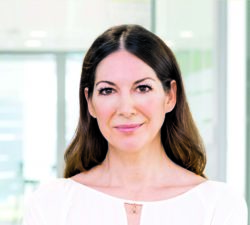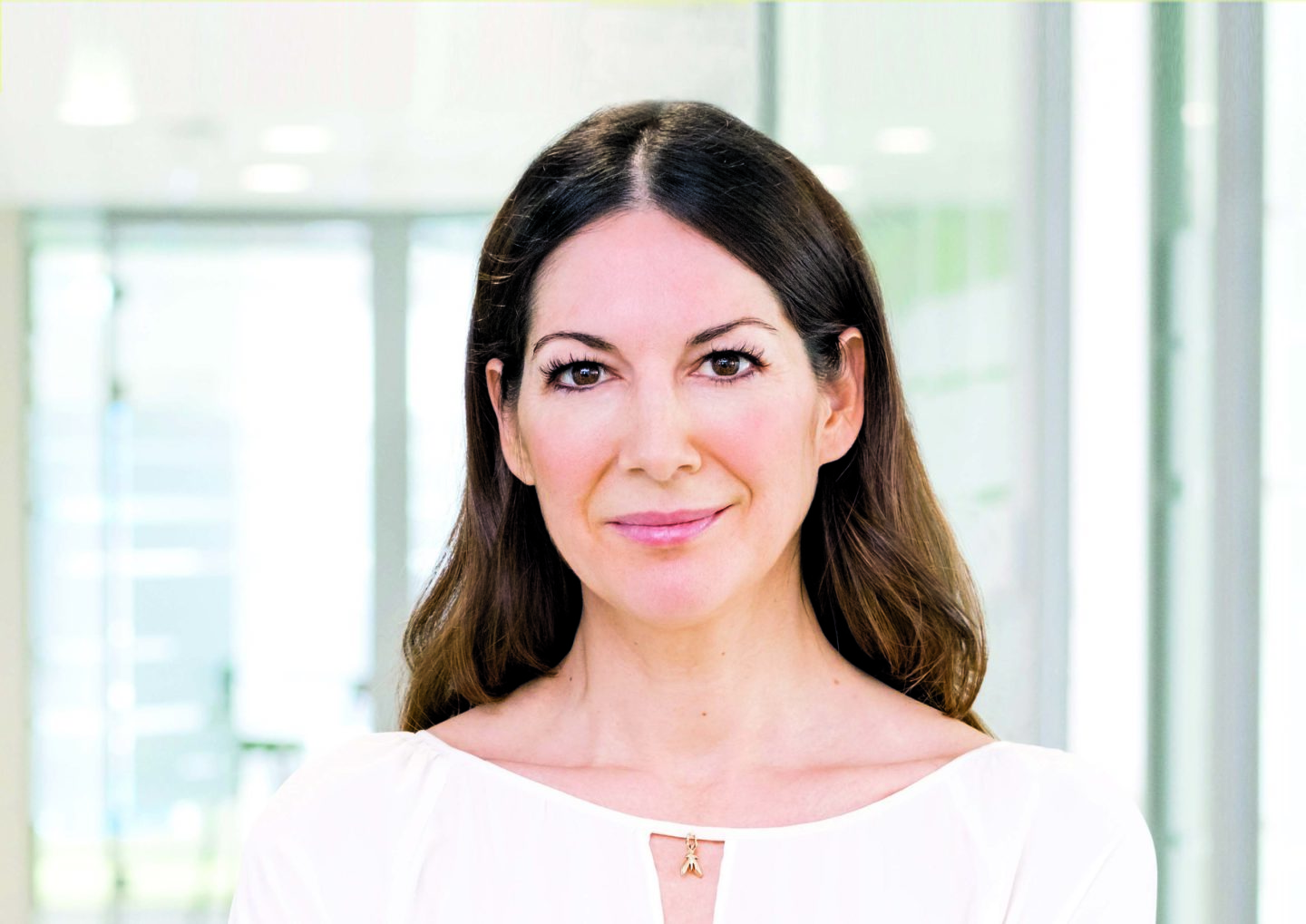Taking a challenging new role at a higher level in a different company is a big leap even in normal times. Now, add three young children, a move from Germany to Singapore, two weeks in a COVID-19 quarantine hotel, and the need to operate almost 100% virtually.
Put it all together, and you have the situation faced by Iris Zemzoum, as she took her new job as head of the APMA (Asia Pacific, Middle East & Africa) for Novartis Pharmaceuticals in October 2020, leading a geographically dispersed organization of 7,500 employees.
Fast-forward four months and Iris is well on her way to integrating into Novartis and taking charge in her new role. Effective onboarding by the company and her new team was one key to making…


